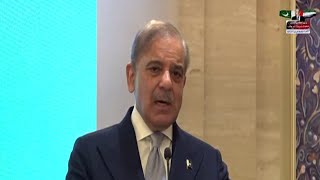South Africa increased its benchmark interest rate on Thursday to a level last seen six years ago as it battles to avoid a credit downgrade in the face of slow growth and a weak currency.
The country's central bank raised its repurchase rate by 25 basis points to 7.0 percent.
The governor of the Reserve Bank, Lesetja Kganyago said the monetary policy committee "remained concerned about the weak growth outlook amid negative business consumer confidence".
Kganyago also cited the risk of rising inflation, which in January breached the bank's 6.0 percent target ceiling to 6.2 percent.
South Africa's economic challenges have been compounded by a drought which has resulted in higher food prices.
"A more protracted drought, combined with a weaker exchange rate and restocking of herds, may keep food price inflation elevated for a longer period than currently forecast," said Kganyago.
According to First National Bank chief economist, Sizwe Nxedlana, raising rates will dampen domestic spending growth and keep core inflation in check.
He said the increase would "tame inflation which in our assessment is likely to peak above 7 percent in the fourth quarter of 2016."
South Africa's rand currency has dropped 13 percent against the dollar in the past six months.
The rand was badly hit by the December markets fallout when President Jacob Zuma fired former finance minister Nhlanhla Nene and replaced him with a little known politician Desmond van Rooyen. Van Rooyen was removed four days later, after the markets tumble caused a political storm.
In the latest corruption scandal to hit his government, Zuma on Thursday brushed off allegations about a wealthy Indian family's influence over finance ministry appointments.
Africa's second-largest economy is fighting to avoid a credit rating downgrade to junk status, which would make borrowing more costly as many investment funds would no longer be able to subscribe to South African debt. Ratings firms Fitch and Standard and Poor's both have South Africa's debt one level above junk.
Growth forecasts for 2016 and 2017 have been lowered from 0.9 percent and 1.6 percent to 0.8 percent and 1.4 percent, respectively.
BR100
7,841
Increased By
30.9 (0.4%)
BR30
25,465
Increased By
315.4 (1.25%)
KSE100
75,114
Increased By
157.8 (0.21%)
KSE30
24,114
Increased By
30.8 (0.13%)






















Comments
Comments are closed.